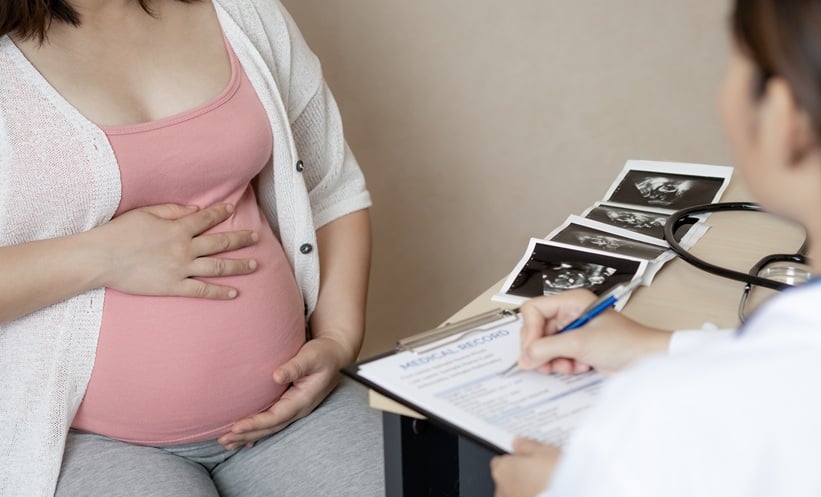WOMEN experiencing infertility without undergoing fertility treatments face a 25% increased risk of developing systemic autoimmune rheumatic diseases (SARD) in the years following childbirth. These findings stem from a large-scale analysis of over 568,000 births in Ontario, Canada, from 2012 to 2021.
The research revealed that for every 10,000 women followed annually, those with infertility but without fertility treatments developed SARD at a higher rate (13 cases) compared to fertile women (9 cases). Interestingly, women who underwent fertility treatments showed no increased risk, suggesting that infertility itself, rather than the treatments, is a potential marker for SARD risk.
The study adjusted for factors like age, pre-existing conditions, and reproductive history, highlighting infertility as a standalone risk marker. Researchers speculate that women using fertility treatments might experience a “healthy patient” effect, potentially lowering their SARD risk.
The lead study author Dr Natalie Scime emphasised the importance of recognising infertility as a red flag for future autoimmune conditions. Early screening for symptoms like unexplained fatigue, joint pain, or skin rashes could lead to timely diagnoses, improving patient outcomes and quality of life. While the study found a link rather than causation, it opens doors for further research into infertility’s role in autoimmune disease risk.
For clinicians, this study underscores the importance of monitoring women with a history of infertility, offering opportunities for early rheumatologic assessments and interventions to improve outcomes and quality of life.
Aleksandra Zurowska, EMJ
Reference
Scime NV et al. Association between infertility and incident onset of systemic autoimmune rheumatic disease after childbirth: a population-based cohort study. Hum Reprod. 2024;DOI: 10.1093/humrep/deae253.








